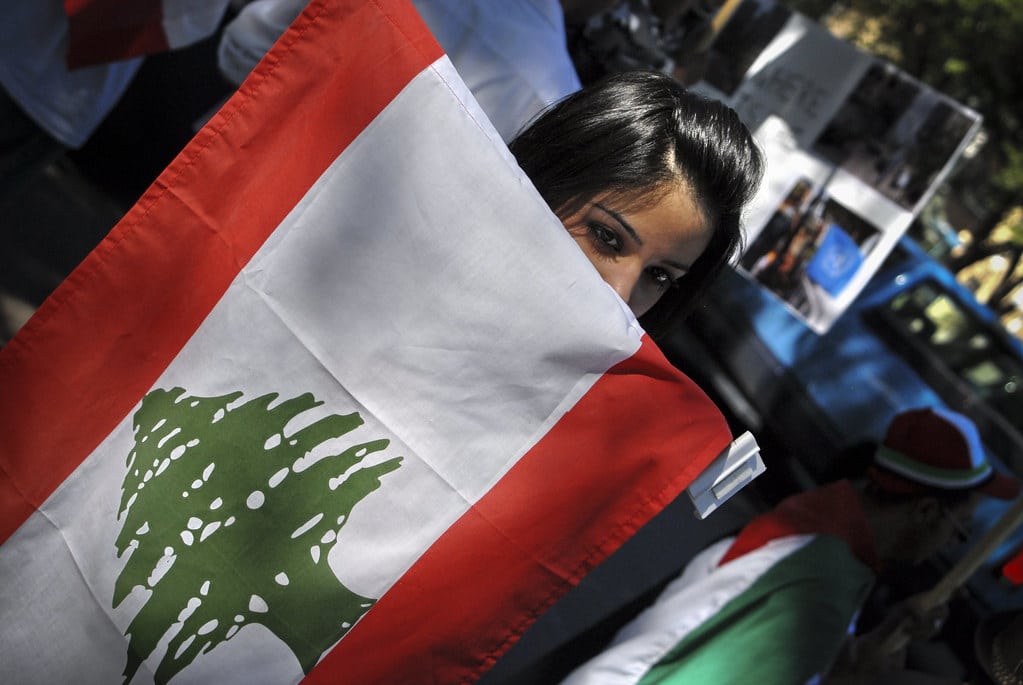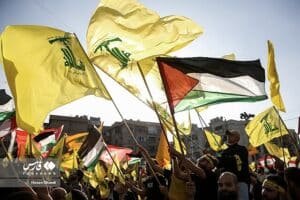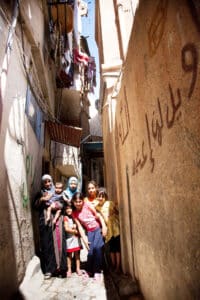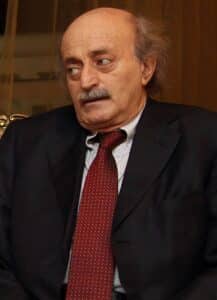Lebanon is facing its worst economic crisis in 30 years. The country has been without a government since Former Prime Minister Hassan Diab stepped down after the disastrous Beirut explosion in November of 2020. The country’s elite are quarrelling over the formation of a new government and politicians and parties have been unwilling to set aside their political interests. In recent months France has been increasing the pressure on the country’s political elite. It has proven unsuccessful so far, but EU sanctions on Lebanese politicians are becoming more realistic now as France and the European Union (EU) are putting together serious proposals. It is to hope that the increased pressure can help bring Lebanese politicians together, who had previously shrugged off French threats to impose sanctions, thinking it was “all talk”.
Lebanese economy is in a downward spiral
The Lebanese economy has been in crisis since August of 2019, but has become much worse since the start of the COVID-19 pandemic. The year was marked by COVID-19 restrictions, which hit the already struggling economy hard. The Lebanese pound started plummeting, especially since Lebanon was struck by COVID-19 in March of 2020, and has lost over 80% of its value since October 2019. The Beirut explosion in November of 2020 only worsened matters. The number of Lebanese living in poverty has increased from 28% in 2019 to 55% in 2020. Moreover, on average food costs five time as much now as in 2019. With 80% of the country’s food needing to be imported, the crash of the Lebanese pound has proven disastrous.
Formation of a new government essential to resolve economic crisis
Without a new government the country will be unable to get its economy back on the rails. What the country needs now is a bail-out of the International Monetary Fund (IMF), which it will not get without a coherent fiscal and monetary plan of how the government is going to get the country’s economy running again. The acting Diab-led government lacks the ability and mandate to formulate such a plan. The international community is struggling how to deal with the situation. It cannot provide the IMF loans without economic reforms, which it needs to stabilize its economy in the long run, but naturally cannot see people starve of poverty. As such, France and the EU have stepped up their efforts and seriously consider imposing sanctions on Lebanese politicians.
EU sanctions on politicians under consideration
After months of statements France and the EU are now seriously considering sanctions on specific politicians who have been blocking the formation of a new government. Already at the end of March French Foreign Minister Jean-Yves Le Drian urged for actions of the EU. He stated then that: ”the deliberate obstruction of any prospect of an exit from the crisis, by demands that are unreasonable and out-of-date, must immediately halt”. He thereby hinted at some of the country’s ruling politicians, who have so far been unwilling to compromise their political interests. With Lebanon being a former French protectorate, the government of Emmanuel Macron has been much involved in the country’s situation of crisis.
Pressure on Lebanese politicians might actually trigger change
Up until now Macon’s efforts to resolve Lebanon’s political deadlock have proven unsuccessful. Having realized it lacks the political leverage on its own, he hoped to “Europeanise the Lebanon issue”. As many of Lebanon’s politicians have close ties with Europe, the sanctions which are under being put together by the EU could be an important coercive tool. Many Lebanese politicians have homes, bank accounts, investment and children going to school in the EU. Asset freezes and travel bans, as part of the sanctions, could seriously influence the minds of Lebanese politicians, who have so far not had to endure the hardships of the political and economic crisis in the country.
The EU has yet to release who the sanctions would be imposed upon, as diplomats said that France was still wary and had to define its targets carefully. The United States (US) has already imposed sanctions on three Hezbollah politicians, a Iranian-backed armed movement that is considered to have a significant impact on the country’s political situation. Whether the EU sanctions will also be imposed on those politicians remains undecided. The priority will lie with politicians that have close ties with Europe and will be severely impacted by the proposed sanctions, which does not include Hezbollah politicians. I will remains to be seen whether the strong words of Le Drian, stating that “if certain political actors don’t assume their responsibilities, we won’t hesitate to assume ours”, will be backed-up with actual sanctions.
Image: Flickr (Lebanese flag)
Souces: Alarabiya, Aljazeera1, Aljazeera2 ArabWeekly, ForeignPolicy, NationalNews, Reuters1, Reuters2, Reuters3



